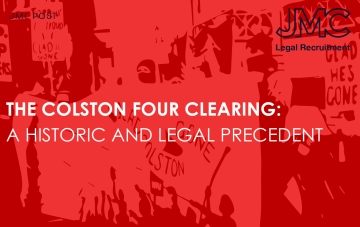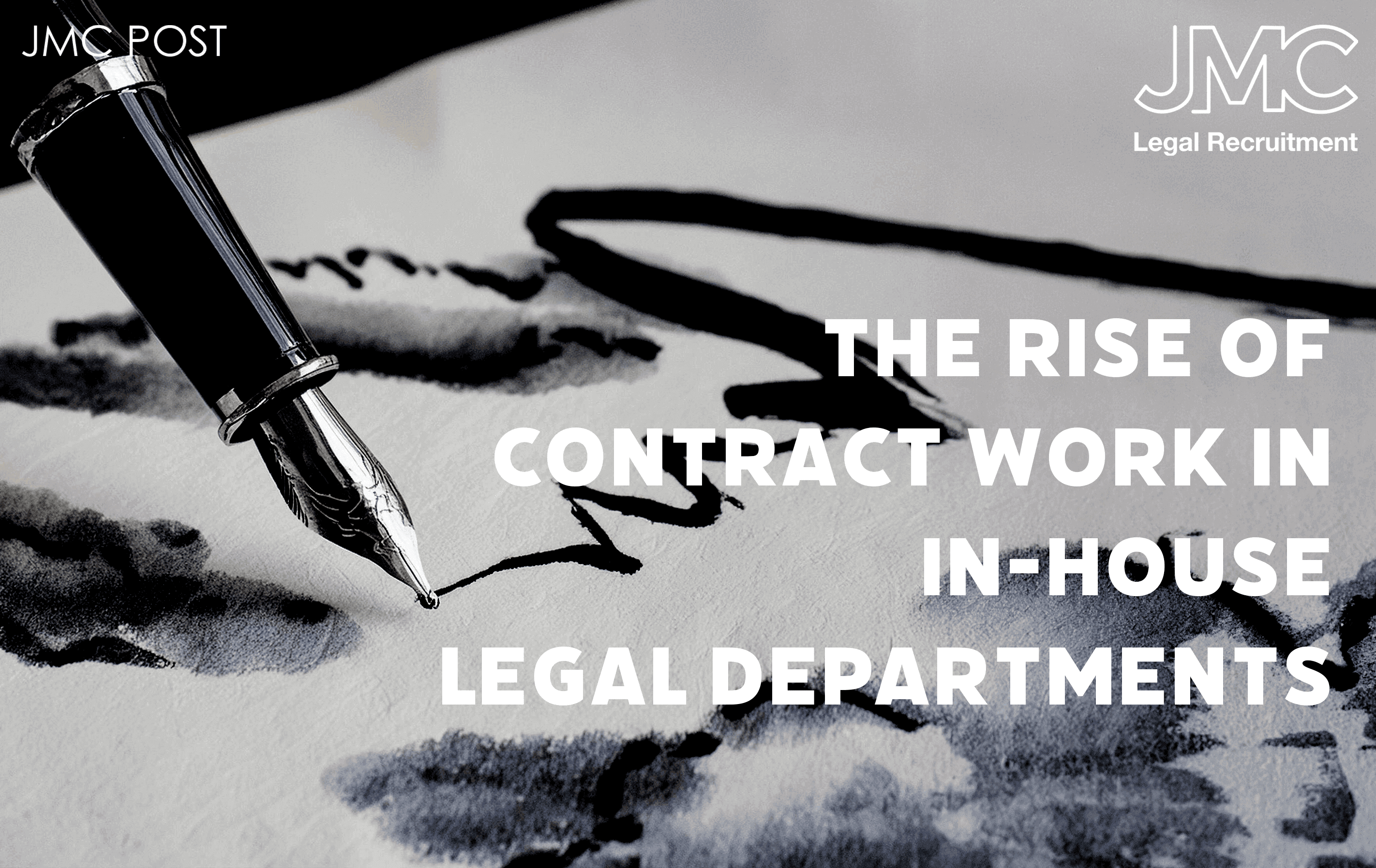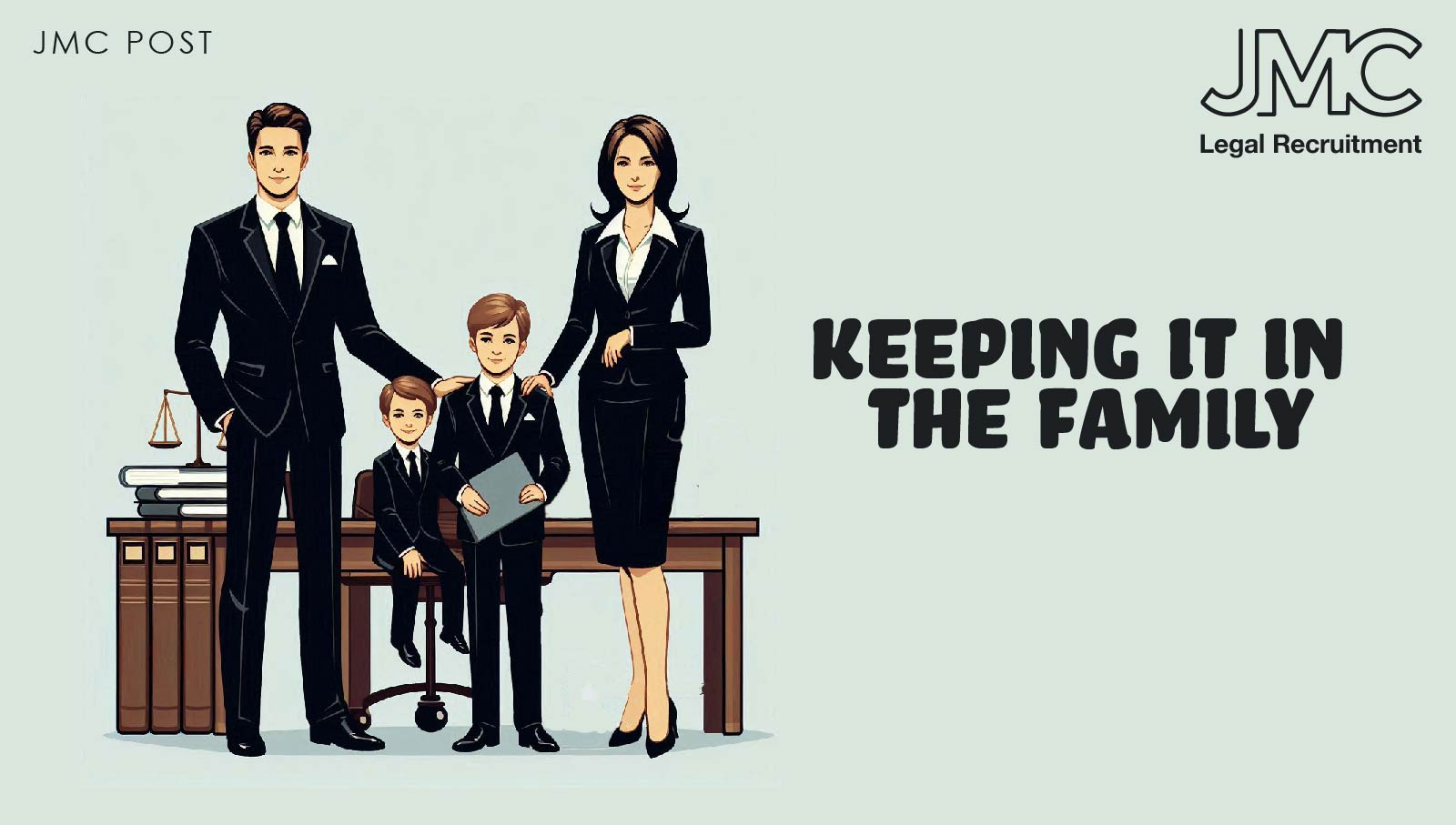
The Colston Four: Clearing A Historic and Legal Precedent
24 Jan, 20228 Mins
What just happened?
The ‘Colston 4’ were all cleared of the ‘criminal damage’ charges at the Bristol Crown Court trial in front of a jury, on January 5, 2021.
What does this mean?
Charged under the Criminal Damage Act of 1971, the defence alleged that they had a ‘lawful excuse’ for said actions. As much as a historic, political, and social precedent this trial has constituted. Its legal implications are also wide and extremely important.
The Edward Colston bronze statue was pulled down in Bristol on June 7, 2020. After being toppled, it was dumped into the city harbour. The incident happened in the rise of Black Lives Matter protests all around the globe, which started due to the killing of George Floyd in the USA.
The images of the toppling were quickly spread all around the world on social media. Following this, PM Boris Johnson reacted by appointing that it was “a criminal act”.
How does this impact the legal sector?
Rhian Graham, Milo Ponsford, Sage Willoughby, and Jake Skuse were then sent to the Crown Prosecution Service on October 1, 2020. They were taken into question in December of the same year and charged with criminal damage.
On January 25 of last year, they pleaded ‘not guilty’ and opted to take their case to trial before a judge and jury in Bristol. The trial was set for December 13 and a pre-trial hearing for November 8.
The trial began with protesters outside the Bristol Crown Court, as a way to show support to the accused. The prosecution alleged that the case was not about politics or the polarisation seen on the streets, but about the ‘rule of law’.
On the other side, one of the defendants, Liam Walker, used Edward Colston’s history and its involvement with slave trading, to make some of the most relevant points in the trial. The local community also played a key role, especially Mr. Lloyd Russell, a community leader.
The defence argued that the statue was an offence, as it memorialised a man known for playing a big part in slavery. Therefore, the actions of the accused were “justified”.
In the case of Director of Public Prosecutions V Ziegler And Others ( DDP v. Ziegler case (2021), the Defence and Security International Arms Show was held at the ExCeL Center in London, England. The four protesters opposed the arms trade and organized a protest to stop the fair and supplies to the fair.
The protest involved applicants lying in the middle of the road approaching the ExCeL Center and closing themselves in boxes. On the spot, the carabinieri tried to persuade the applicants to leave the road. When this failed, the police arrested the applicants, which took 90 minutes because the safes were designed in such a way that they were difficult to dismantle. The plaintiffs were charged with willfully obstructing highway traffic without legal authority or cause, contrary to section 137(1) of the Highway Act 1980 (Act 1980), and were acquitted in court.
The District Judge, during the trial, took into account the applicant's rights under Articles 10 and 11 ECHR and the proportionality of the police interference with those rights and concluded that the prosecution had failed to prove the unreasonableness of blocking the road. The applicants could then invoke a legitimate pretext for the defence. Defendant filed an appeal: a type of appeal involving a question of law rather than fact.
Following the DDP v. Ziegler case (2021) the ‘Colston Four’ case has been the first in which the jury was required consideration upon the fact that the conviction of the charged would have been disproportionate, under the light of the Human Rights Act (1998): Articles 9, 10 and 11. Said articles contain the rights of freedom of expression and freedom of assembly.
As a response to this incident, there is new legislation that seeks to make its way through parliament, such as the Police, Crime, Sentencing and Courts Bill. It aims to ‘toughen sentences for damaging memorials’.
However, the jury’s decision opens the debate about UK’s historic relation with slavery and how the country could rebuild it, taking into account racial justice.
Sources:
https://www.bristolpost.co.uk/news/bristol-news/edward-colston-statue-toppling-timeline-6444863
https://www.bbc.co.uk/news/uk-england-bristol-59727161
https://reaction.life/colston-four-the-legal-reasons-why-they-were-acquitted/
Assessing law firms:
#Bindmans LLP # Duncan LewisSolicitors #Hausfeld&Co LLP #ITN Solicitors #IrwinMitchellSolicitors #HodgeJones&Allen #DoughtyStreetChambers #SaundersLaw #JDSpicerSolicitors #ZMSSolicitors #SillsBetteridgeSolicitors #TuckersSolicitors #CartwrightKingSolicitors
Written by Jason Connolly



